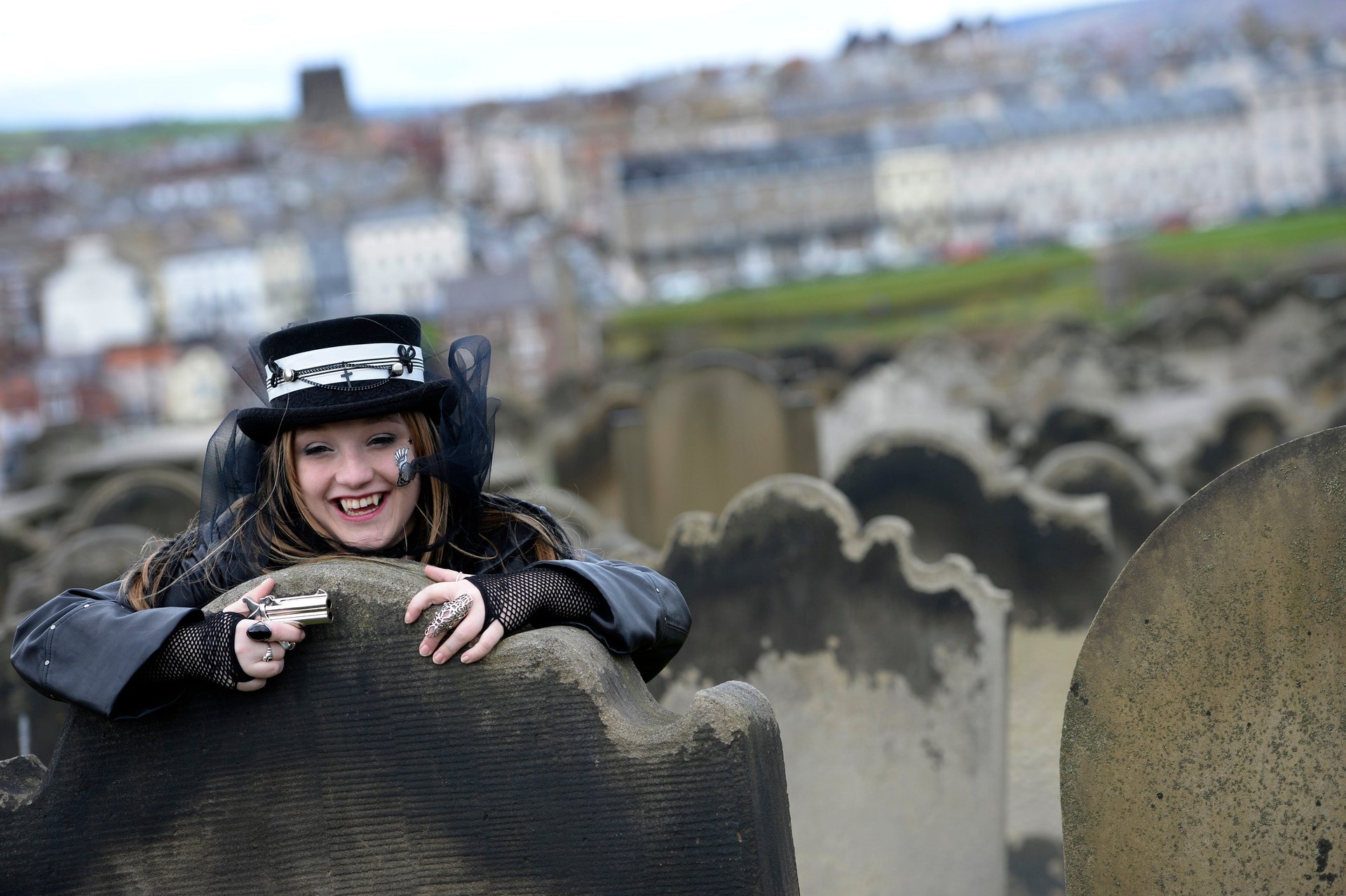“Goth” teenagers are sad, says science
Goths—for those of you in locales where the term isn’t well known—have a subculture defined mainly by a predilection for dark, gloomy music, black clothes, and all things moody and macabre, including at times Edwardian and Victorian design.


Goths—for those of you in locales where the term isn’t well known—have a subculture defined mainly by a predilection for dark, gloomy music, black clothes, and all things moody and macabre, including at times Edwardian and Victorian design.
In the places where goth kids tend to thrive, such as the UK and US, they’re generally suspected to be depressed because of these tastes. It turns out, there maybe more to that view than pure speculation. Researchers analyzed a longitudinal study in the UK that followed more than 2,300 teens over several years. They found that those who strongly self-identified as goth at age 15 were more than three times as likely as other teens to be clinically depressed and inflict self-harm by age 18.
The study, published in Lancet Psychiatry (pdf), looked at eight different social groups kids could identify with: sporty, populars, skaters, goths, loners, bimbos, keeners (someone eager to do well in school), and chavs (typically a male marked as being of a low social and economic class by their way of speaking and preference in clothes).
Not shockingly, bimbo was not one of the more popular self-identifications kids chose, though self-proclaimed bimbos weren’t at a notably high risk of depression.
Those who identified as sporty, meanwhile, were least likely to be depressed or inflict self-harm.

The authors caution that it isn’t clear whether being goth is a symptom or cause of depression—whether kids who are already depressed are attracted to goth culture, or whether goth culture makes them depressed. The teens who called themselves goth were “more likely to be girls [which the authors point out contrasted with the findings of a previous study], to have mothers with a history of depression, to have a history of emotional issues, including depression themselves, and to report issues with peers, including being bullied.”
Those risk factors suggest goth kids already have the ingredients for depression, but even after the authors adjusted for those risk factors, teens who identified as goths were still at greater risk of depression and self-harm.
The ultimate conclusion of the analysis: The goth community might benefit from targeted support and counseling.
On the other hand, there have already been some responses from people who feel being goth is more about the community it offers. (Incidentally, if you’ve ever wondered how to dress as a goth, especially the sub-variant “pastel goth,” well, there’s a guide for that.)
None of this means that goth kids are destined to age into maladjusted mopes. Previous studies have shown that your identity as a teen doesn’t define it as an adult. A study on 1980s metalheads, subcultural near-relatives of goths, found they grew up to be just fine as adults, for example. Know who doesn’t always grow up so well? The cool kids.